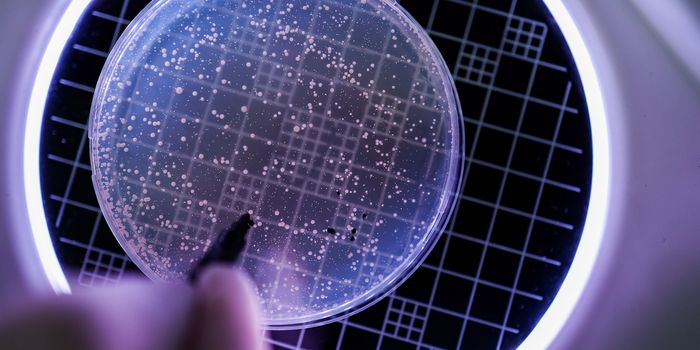The Power of Extracellular Vesicles
What are extracellular vesicles (EVs)? They are tiny nanometer sized messengers that transport themselves between cells delivering cues and cargo. They are the promising tools for the next generation of therapeutics, from treating autoimmunity to neurodegenerative diseases and cancer.
Learn more about extracellular vesicles (EV)s:
"Our organ-on-chip technology has progressed to the point where we can now fight drug targets instead of fighting the chip design," said Kit Parker, the Tarr Family Professor of Bioengineering and Applied Physics at SEAS and senior author of the study. "With this study, we have mimicked a human disease on a chip with human cells and developed a novel therapeutic approach to treat it."
Findings were published in Science Translational Medicine.
"The cellular response to IRI involves multiple mechanisms, such as calcium and proton overload, oxidative stress, mitochondrial dysfunction and more," said Moran Yadid, a postdoctoral fellow at SEAS and The Wyss Institute for Biologically Inspired Engineering and first author of the paper. "This complex set of processes poses a challenge for the development of effective therapies that can address each of these problems."
Source: Science Daily









